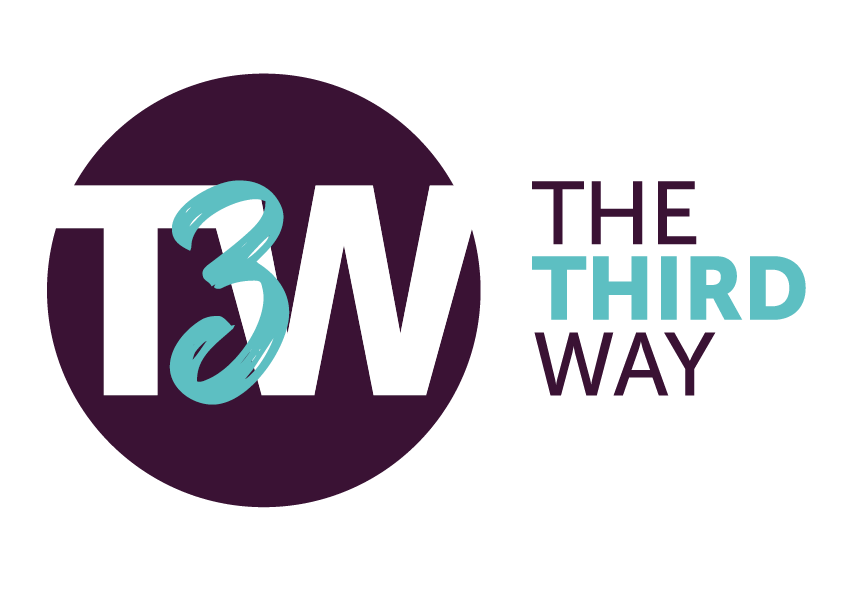Can You Learn to Becomе a Leader?
Who Are You?
Maybe you already are a leader, but are not yet aware of that. Think of situations in which you might already have influenced, advised or guided others. Maybe you’re a trainer of a sports team, or you were active in a student association. Or maybe you’re scaling up your company or have hired staff before.

Try to reflect for yourself using the following questions:
You may learn from leadership tests, from reading theory, from engaging in conversations with leaders, from sources of inspiration.
Take the lead … Challenge yourself and develop your personal leadership profile.
Leadership: Nature or Nurture? Part 1
‘To lead’ is derived from the word ‘leath’, which literally means stepping over a threshold, going into the unknown. So in essence, to lead is to take a step forward. Dare to lead …
Charisma and inspiration are important ingredients for credibility, which makes people want to follow you.
Born leaders have a good starting position, where the innate talent must be developed. Good leadership can be realised when the leader gets or knows how to create space in which he or she can thrive. We can call this coincidence, timing, or luck – or a combination thereof. That means that leadership is neither innate nor learned. Excellent leadership requires a promising environment in which talented leaders are willing to learn and reflect (Source: Oscar David/TIAS Senior Executive Program, UvT Nederland. In his book Power from instinct to integrity he describes the workings and dynamics of power).
People differ in their innate characteristics, talents and motives. Still, we can all immerse ourselves in the subject, be inspired by others, and learn by looking at others. By daring and doing, by training and coaching, we can also develop ourselves in that area.

Become aware of how you can use your qualities more effectively in a leading role. Various tests will help you on your way to a better understanding of your personality traits and preferred styles. Practicing includes the acquisition of skills and learning to reflect on one's own behaviour! You can also learn through observing others, through gaining experience, acquiring knowledge and insights from literature, research and practical cases.




